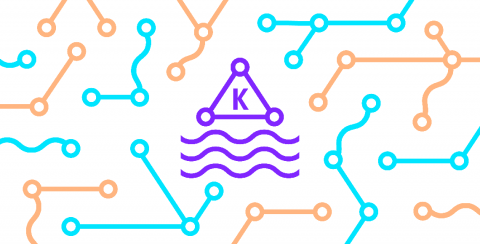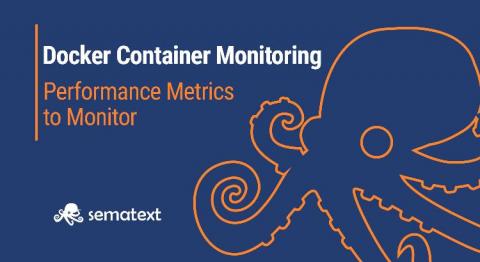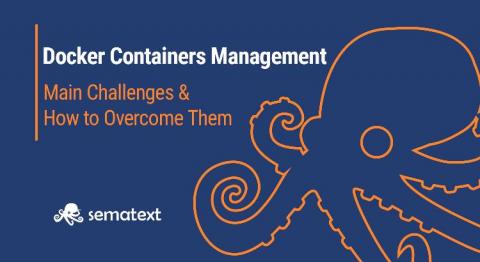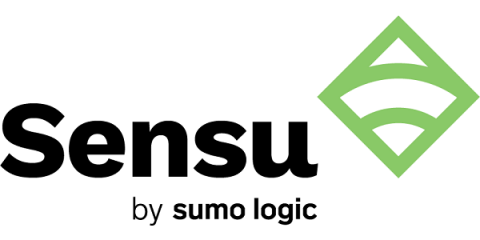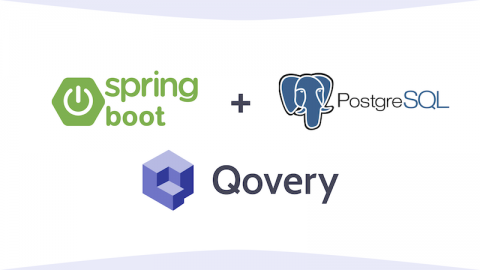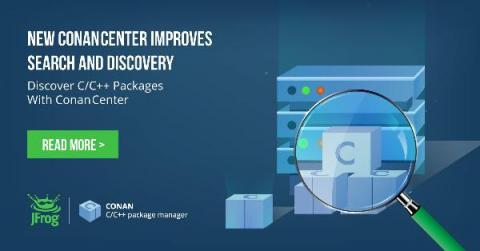Operations | Monitoring | ITSM | DevOps | Cloud
Latest News
Monitor Amazon Managed Streaming for Apache Kafka with Datadog
Amazon Managed Streaming for Apache Kafka (MSK) is a fully managed service that allows developers to build highly available and scalable applications on Kafka. In addition to enabling developers to migrate their existing Kafka applications to AWS, Amazon MSK handles the provisioning and maintenance of Kafka and ZooKeeper nodes and automatically replicates data across multiple availability zones for high availability.
Docker Container Performance Metrics to Monitor
In Part 1 we’ve described what container monitoring is and why you need it. Because each container typically runs a single process, has its own environment, utilizes virtual networks, or has various methods of managing storage. Traditional monitoring solutions take metrics from each server and the applications they run. These servers and applications running on them are typically very static, with very long uptimes.
Docker Containers Management: Main Challenges & How to Overcome Them
Even though containers have been around for ages, it wasn’t until Docker showed up that containers really became widely adopted. Docker has made it easier, faster, and cheaper to deploy containerized applications. However, organizations that adopt container orchestration tools for application deployment face new maintenance challenges.
Embracing the Subscription Economy
Lately, enterprise applications are still on-premise based, however, there is a rising trend within the majority of these enterprises to move to the cloud for leveraging the on-demand pricing and scalability. In-line with this trend, we are witnessing an increased demand to move away from perpetual licensing and adopt a SaaS model. Software product vendors are cashing in on the opportunity of transitioning their enterprise apps to be SaaS ready at break-neck speeds.
Securing Sensu 101
Because monitoring requires some degree of access to your applications, it’s important that you take certain steps to ensure the right amount of access without compromising your app’s security. In this first in a series of posts, we’ll go over some high-level best practices to securing Sensu, followed by a webinar later this month which will offer a deeper dive into setting up certificates.
The Simplest Way to Deploy Spring Boot with PostgreSQL on AWS
AWS (Amazon Web Services) is an amazing and reliable cloud service provider. AWS, like Google Cloud Platform and Microsoft Azure, provides everything you need to host an application without having to worry about running the underlying servers and network configuration. Everything you need to quickly begin hosting is provided as a packaged services.
Observability Trends in 2020 and Beyond: Announcing the DevOps Pulse 2019 Results
2020 is here and it looks like it’ll be a truly exciting and impactful year for the DevOps community. As you know, the landscape is changing rapidly, and as a result, new technologies and methodologies are emerging to solve challenges you’re experiencing on the job. Observability is one such concept–and achieving it is a huge challenge for software engineers across the globe.
Comparing Managed MySQL Services on AWS, Azure, and GCP
MySQL is a popular open-sourced relational database server. It comes in many flavours, including Enterprise and Community editions. Amazon Web Services, Microsoft Azure, and Google Cloud Platform all provide their own managed MySQL services. The available versions and features vary from provider to provider. As an added complexity, AWS provides three different MySQL services, each one of them different. Let’s take a closer look.
New ConanCenter Improves Search and Discovery
We’re excited to announce the new and improved ConanCenter! Use our new center with an enhanced UI experience to discover your favorite Conan C/C++ packages. If you’re not familiar with Conan yet, it’s a decentralized package manager for C/C++ that empowers developers to share packages through a push-pull model similar to Git. ConanCenter is a central repository for open source Conan packages, created and maintained by JFrog.



